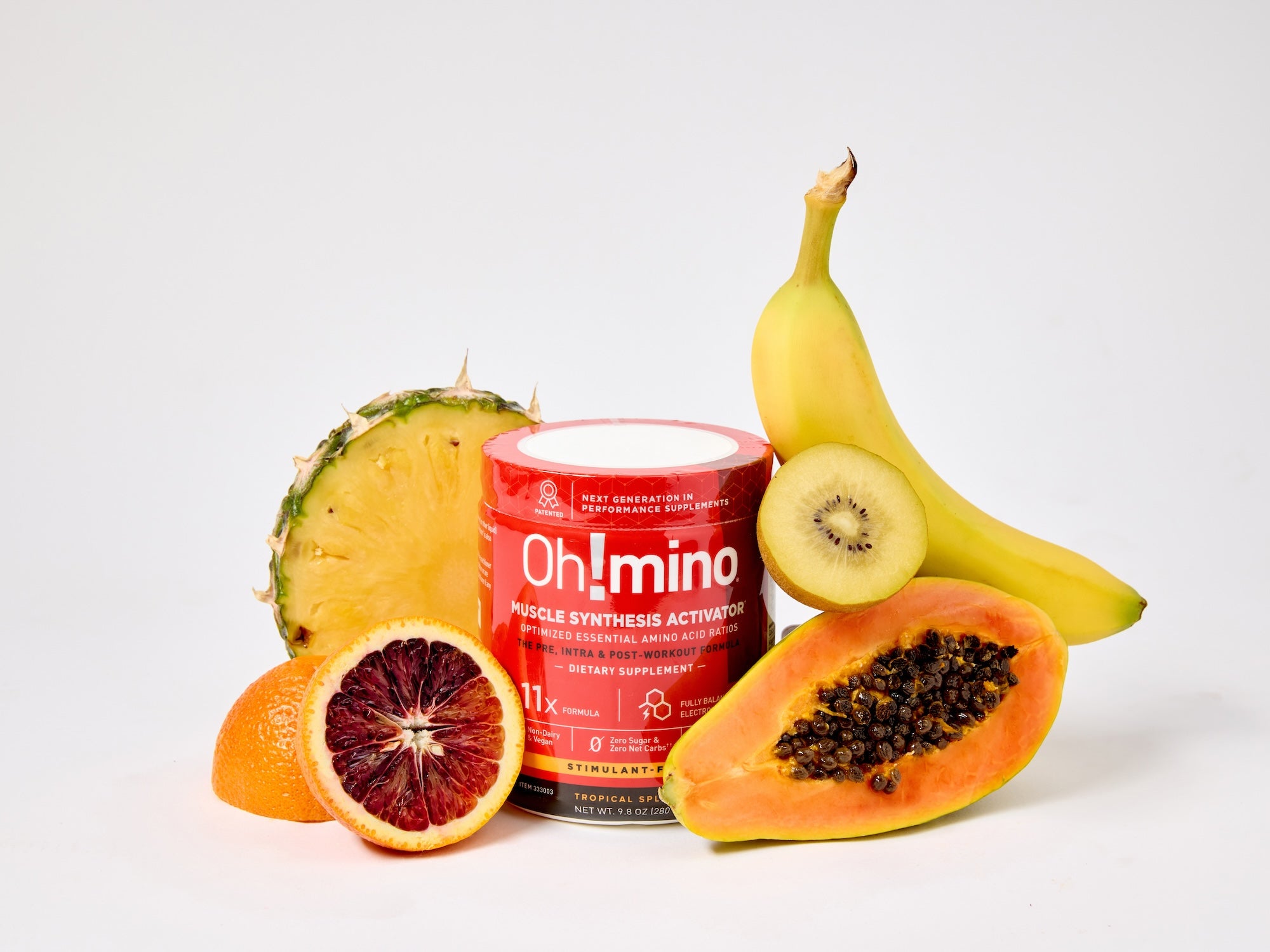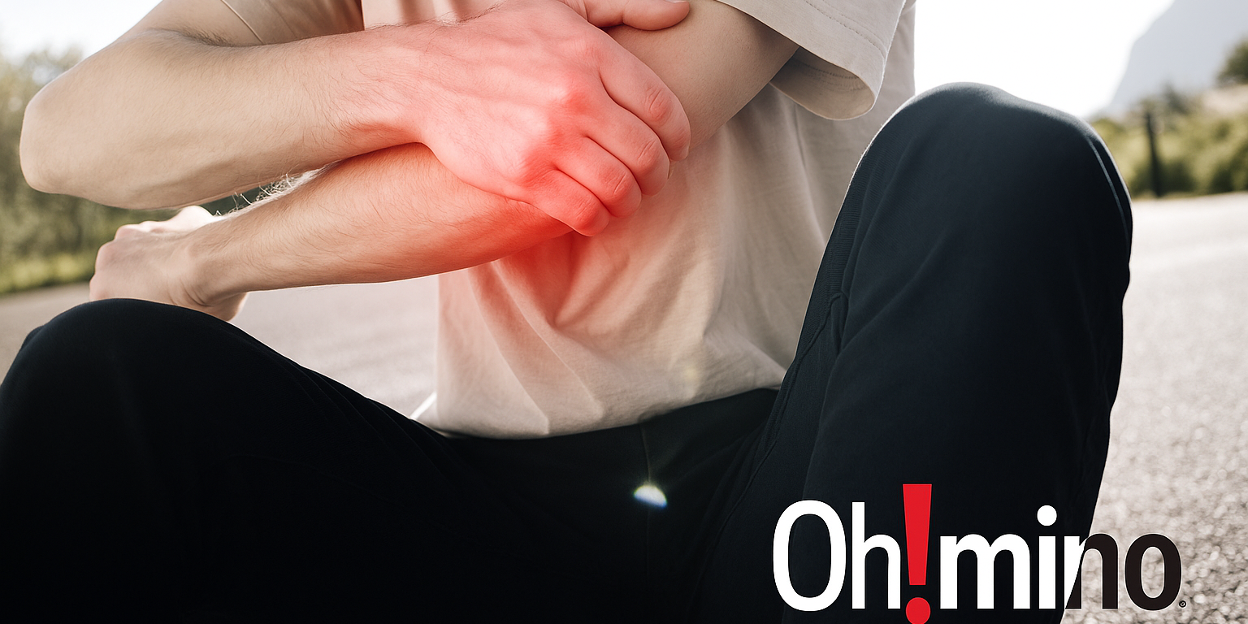Biohacking, at its core, involves taking control of one's own biology.
In a world increasingly influenced by technology and scientific advancements, the promise of extending human life beyond its traditional boundaries is both exciting and controversial.
The aging process, once viewed as an inescapable fact of life, is now being explored and even challenged, as we seek ways to not only extend our lifespan but improve our healthspan — the years we spend free from chronic diseases and in good health.
Understanding the Aging Process
To begin our exploration of biohacking the aging process, it's essential to understand what aging is from a biological perspective.
Aging, in its most fundamental form, is the gradual and inevitable process of physical and mental decline.
At the cellular level, signs of aging may manifest as cellular senescence, where cells lose their ability to divide and function correctly.
DNA, the blueprint of our existence, also doesn't escape unscathed. Over time, it sustains damage, which can disrupt cellular function and increase the risk of various diseases.
Yet, it's crucial to distinguish between chronological age — the number of years one has been alive — and biological age, which pertains to how old one appears or feels, as well as their health status.
Two individuals might both be 60 years chronologically but could differ vastly in terms of biological age.
One might be free of chronic diseases and still lead an active lifestyle, while the other might be plagued with age-related conditions. It's this difference that has sparked immense interest and research.
What factors contribute to this discrepancy, and how can we influence them?
Established Methods for Longevity
Our journey into the heart of longevity begins with tried-and-tested methods.
These approaches, backed by extensive research, are known to have a tangible impact on the aging process and contribute to a longer, healthier life.
Dietary Interventions
- Caloric restriction (CR) by reducing daily caloric intake without malnutrition, CR has shown lifespan extension in various organisms.
- Intermittent fasting cycles between eating and fasting, improving metabolic health and stress resilience.
Nutraceuticals and Supplements
- Resveratrol, found in grapes' skin, enhances mitochondrial function.
- NAD+ boosters aim to revitalize cellular functions as NAD+ levels decline with age.
Exercise and Physical Activity
Consistent exercise, from aerobic to resistance training, combats many age-associated declines and releases protective proteins called myokines.
Stress Management and Mental Well-being
Chronic stress accelerates aging, shown by shortened telomeres. Techniques like meditation can alleviate stress and potentially slow aging.
Emerging Approaches and Research Frontiers
Genetic and Epigenetic Tweaking
- Longevity genes like FOXO and SIRT influence lifespan, with genetic interventions offering potential benefits.
- Epigenetic interventions that 'reset' markers provide a route to rejuvenate cells.
Senolytics and Cellular Senescence
- Drugs or interventions called senolytics target and remove senescent cells, mitigating their negative impact.
Telomere Lengthening
- Methods like utilizing telomerase aim to prolong telomeres, potentially bestowing cells with extended lifespans.
Stem Cell Therapies and Regeneration
- Stem cell applications in clinical trials could repair age-related tissue and organ damage.
Hormesis and Beneficial Stress
- Low doses of stressors might condition the body to handle age-related challenges more efficiently.
Frontiers of Speculation and Controversy
While biohacking longevity holds promise, there are areas shrouded in controversy that require cautious approach and rigorous scientific scrutiny.
Caloric Restriction Mimetics
- Compounds like Resveratrol and the diabetes drug metformin are being studied for their CR mimetic properties, though efficacy is debated.
Young Blood Transfusions
- The idea that young blood can rejuvenate older organisms is controversial and the subject of ongoing research and debate.
Nootropic Supplements for Brain Aging
- Nootropics aim to enhance cognitive function, but their efficacy remains a contentious topic.
NAD+ Boosters
- Supplements like NMN and NR aim to boost NAD+ levels, with preliminary results yet robust human trials are needed.
Virtual Reality and Cognitive Fitness
- VR platforms are in development to stimulate the brain and might offer a new frontier in combatting cognitive decline.
Natural and Holistic Interventions
Recognizing ancient practices and natural substances offers a more harmonious way of managing the aging process.
Intermittent Fasting and Autophagy
- Fasting can trigger autophagy, clearing out damaged cellular components.
Adaptogenic Herbs
- Substances like ashwagandha, rhodiola, and ginseng help the body adapt to stress and have antiging properties.
Anti-inflammatory Foods and the Aging Process
- Foods like turmeric, green tea, and berries have anti-inflammatory properties which can combat accelerated aging.
Yoga and Mind-Body Wellness
- Regular yoga practice supports physical, mental, and emotional health, contributing to longevity.
Meditative Practices and Telomere Length
- Studies suggest that meditation might slow the shortening of telomeres, thus slowing aging at the cellular level.
Innovative Tech and Biomedical Advancements
Genetic Engineering and CRISPR
- CRISPR-Cas9 technology may correct mutations and extend lifespan.
Senolytics: Targeting Senescent Cells
- Drugs that selectively eliminate senescent cells could rejuvenate tissues and extend lifespan.
Stem Cell Therapy for Rejuvenation
- Stem cell therapies may replace damaged tissues and rejuvenate the body.
AI and Longevity Research
- AI analyses vast datasets to predict outcomes and identify anti-aging interventions.
Conclusion
The quest for extending human lifespan and enhancing the quality of our later years is an age-old ambition.
By understanding the various dimensions of aging, from our genes and molecular biology to our lifestyles and environments, we've gained insight into factors that influence how we age.
No single intervention is a silver bullet, but an integrated approach from diverse fields can chart a path towards a longer, healthier, and more fulfilling life.
Stay fit my friend,
Michael
Founder & CEO



